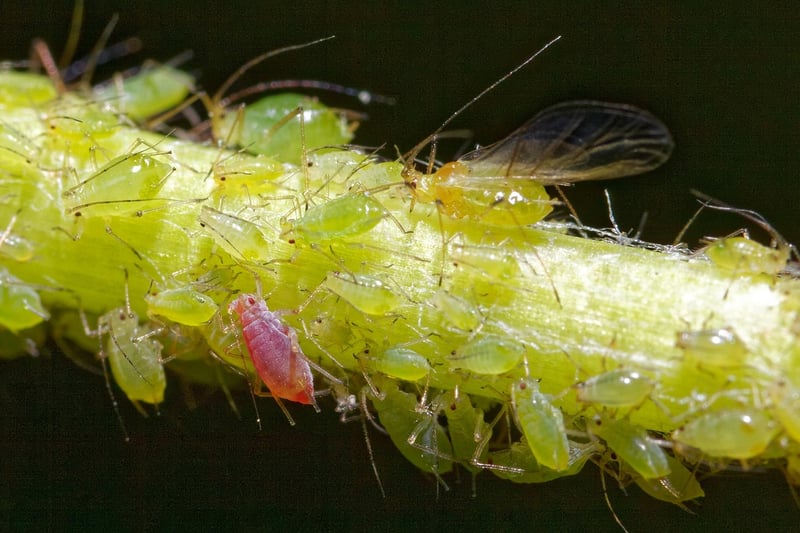Pest Control
Guidance on Nurturing Plants and Pest Control
Nurturing Plants
Whether you're a seasoned gardener or just starting, understanding how to properly nurture your plants is essential for their growth and health. Here are some tips to help you achieve thriving plants:
1. Sunlight
Most plants require adequate sunlight to photosynthesize and grow. Make sure to place your plants in locations where they can receive the right amount of sunlight based on their specific needs.
2. Watering
Water your plants regularly, but be mindful not to overwater them. The frequency and amount of water needed vary based on the plant type, size of the pot, and environmental conditions.
3. Soil and Fertilization
Use high-quality soil and consider fertilizing your plants to provide essential nutrients for growth. Different plants may require specific types of soil, so research the needs of your plants beforehand.
4. Pruning and Repotting
Prune your plants to promote healthy growth and remove any dead or diseased parts. Additionally, repot your plants when they outgrow their current containers to ensure they have enough space to thrive.
Pest Control
Dealing with pests is a common challenge for plant owners. Here are some eco-friendly methods to control pests and protect your plants:
1. Natural Predators
Introduce beneficial insects like ladybugs, lacewings, or praying mantises that feed on common garden pests. They can help keep pest populations in check without the need for chemical pesticides.
2. Neem Oil
Neem oil is a natural insecticide and repellent that can effectively control pests like aphids, mites, and scales. Dilute it with water and spray it on your plants to deter pests.
3. Homemade Remedies
Prepare homemade pest control solutions using ingredients like garlic, chili pepper, or soap. These DIY remedies can help repel pests and protect your plants from damage.
4. Companion Planting
Planting certain species together can create a natural barrier against pests. Research companion planting techniques to maximize the benefits and protect your plants organically.
5. Regular Inspections
Regularly inspect your plants for signs of pest infestations, such as holes in leaves, sticky residue, or visible insects. Early detection can help you take prompt action to prevent further damage.


By following these tips on nurturing plants and implementing eco-friendly pest control methods, you can create a healthy and vibrant garden that thrives without harming the environment.
